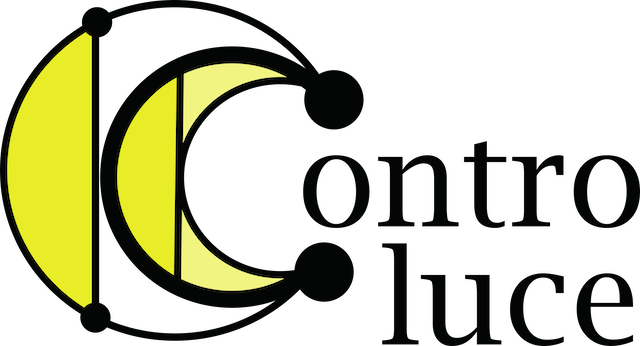by Patrizia Fregonesi, Member of EWA (European Women Audiovisual Network)
I’m here to talk about the “Women’s issue”, which was widely debated in feminist ti-mes.
Therefore someone will say that now it is enough, that we’ve heard enough of this. It’s ‘old stuff. But on the contrary. This topic still needs to be discussed, because never before has it been so present. The topic of the genre, the topic of diversity. We are more and more in a heterogeneous world, of a million facets and diversities. And diversity is wealth, it is a way to open the small self and confront oneself. But we still need to work on it. And Ewa does exactly this: EWA (European Women Audiovisual Network) is an international network of women in the audiovisual sector that aims to revolutionize the world to create a better balance between genders, by creating brid-ges, informing and by connecting women in the industry to create the necessary “network”. There is still a long way to go, but the important thing is the first step.
According to the United Nations and recent studies by the Annenberg School of Communication and Journalism at the University of Southern California, in the history of the Oscars, only four women have received an Oscar nomination for best director: the first of these, in 1976 was the Italian Lina Wertmuller, with the film Seven Beau-ties. But the only one to actually win an oscar was Kathryn Bigelow in 2010. In 85 years only seven women have won the Oscar for Best Picture, all in co-production with men. 77% of the voters are men.
The Guardian in an article of July 22, 2015 reported that the statistics revealed an alarming fact: a real shortage of women in all the levels of the audiovisual sector, from production to film crews, who are formed by 75% of men. The paradox of the modern era is that the gender gap is increasing. In the world women represent only 7% of the directors, 10% in politics, 5% of the judges and 13.9% of the senior mana-gers. Last year Mibact, along with EWA conducted the first study of this kind in Italy. The data were not only confirmed, but showed that many women in Italy don’t even allow themselves to dare to direct. There is a form of self-limitation that emerges from the data.
The point is that there is a gap: a missing piece of the universe: the female point of view.
Geena Davis, who in the USA is leading the Geena Davis Institute on Gender in Me-dia, says: “The women in the world are seriously under-represented in almost all sec-tors of society, but in the time that it takes to make a movie, we can change our futu-re.” And in fact, with her foundation and along with Google.org she sponsored re-search that invented the Gender Gap. Gender Gap is an algorithm that calculates the exact duration of the presence in video and of the speaking time of actors and actresses. It turned out that many films with female protagonists, actually still give more space to men and let them talk more on stage than the women …
We hope that one day we will not need the Gender Gap any more, but for now: well done Geena! We would also like to have it in Italy. We hope, for the future that there will be more and more producers who care about women’s issues and with the EWA Network we feel less alone in our industry.
In our modern and democratic world, we often suffer a violence, that at times is very obvious, and at times more subtle and even unnoticeable, but that we women percei-ve very well in the words of some people, in their gestures, in the eyes or in the be-havior of some people. They are not always direct and / or destructive, but can never-theless undermine the self-esteem and the respect of us women in ourselves, in our opportunities and in our indisputable rights and thus the ability to move forward and achieve our goals. And the harm is done to the world, not only to us women. Damage is caused to all. For this reason I thank this Festival and its curator for giving me the opportunity to talk about diversity. Perhaps diversity is only in the eyes of who is loo-king and not in the other person.
